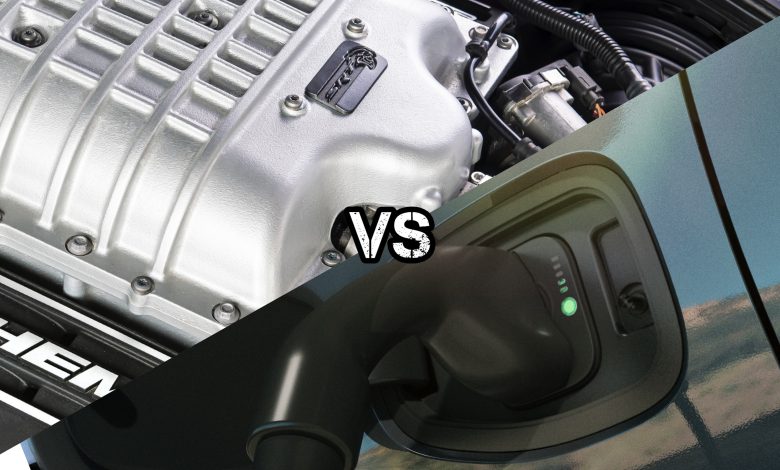
Today is Election Day, and as Americans head to the polls, an issue critical to the future of the auto industry and environmental policy is on the line: the push for electric vehicles (EVs). The divide between the two presidential candidates—Vice President Kamala Harris and former President Donald J. Trump—has ignited passionate debate among voters and automakers alike.

The Harris campaign has championed policies that aggressively support the transition to EVs. Alongside running mate Tim Walz, Harris emphasizes the environmental benefits and the importance of keeping American automakers competitive on the global stage. The Biden-Harris Administration has already committed significant funding to accelerate the transition, awarding grants to manufacturers to build advanced EV and battery infrastructure. Vice President Harris promises to continue these investments to ensure American workers are at the forefront of this transformation.
“Our administration has made it clear that American-made advanced batteries and electric vehicles are key to our economic and environmental future,” Harris said during a recent stop in Michigan. She assured voters that the federal government would provide the necessary support to ensure jobs stay in the U.S. while reducing carbon emissions.
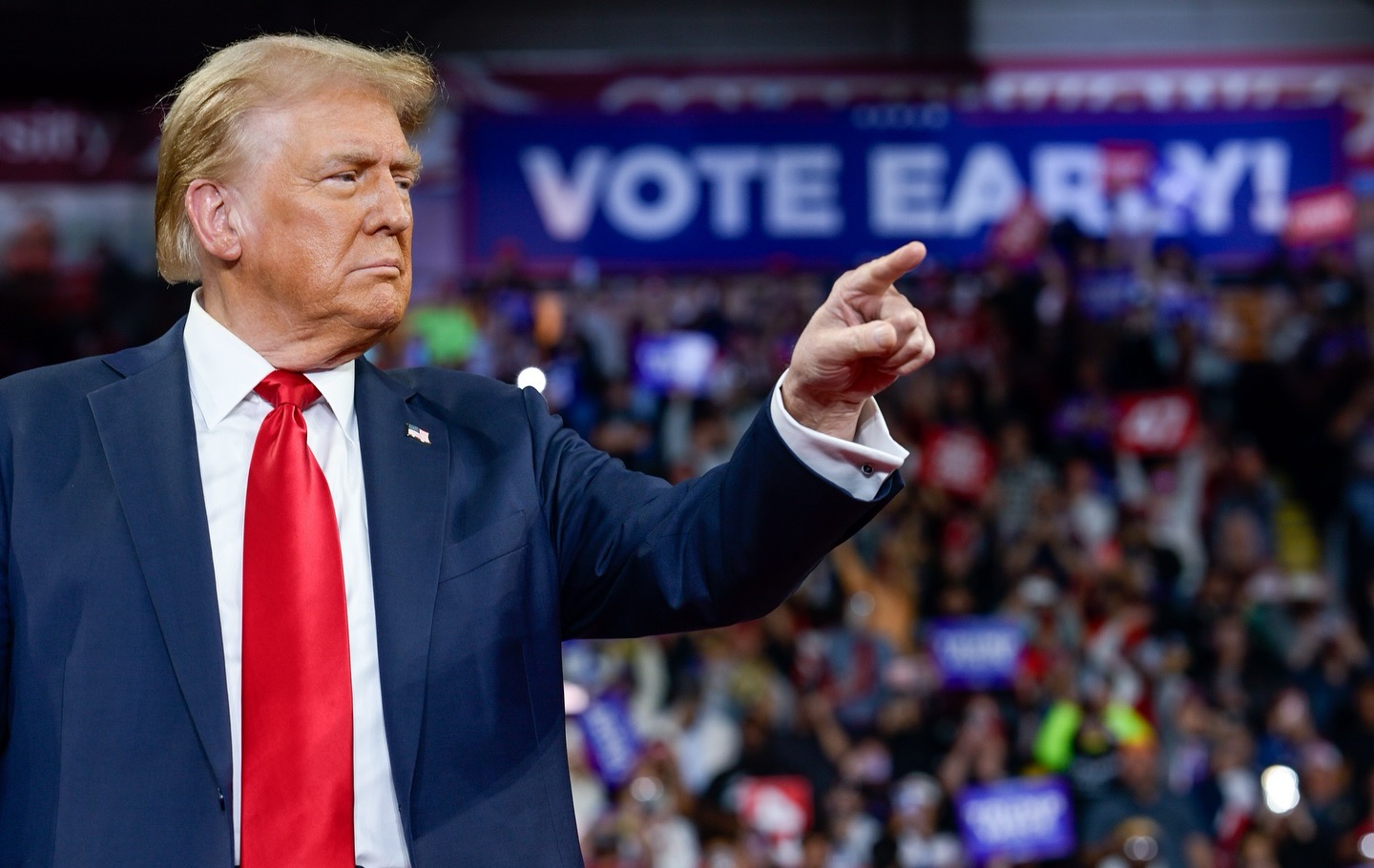
However, not everyone is on board with the shift. Former President Trump and his running mate, Senator J.D. Vance, have expressed skepticism about the speed and scale of the EV transition. They argue that consumers should dictate the auto market, not government mandates. Trump, who has softened his stance on EVs slightly due to the influence of Elon Musk, still criticizes what he calls the “Biden EV Mandate,” a policy he believes threatens the traditional auto industry and American jobs.
“You shouldn’t have to feel like you’re forced to get an electric vehicle when you can’t afford it,” Trump said at a September rally in Flint, Michigan. His campaign has repeatedly highlighted concerns over reliance on Chinese components in the EV supply chain, and Vance warned that Harris’s policies could decimate Michigan’s auto sector.
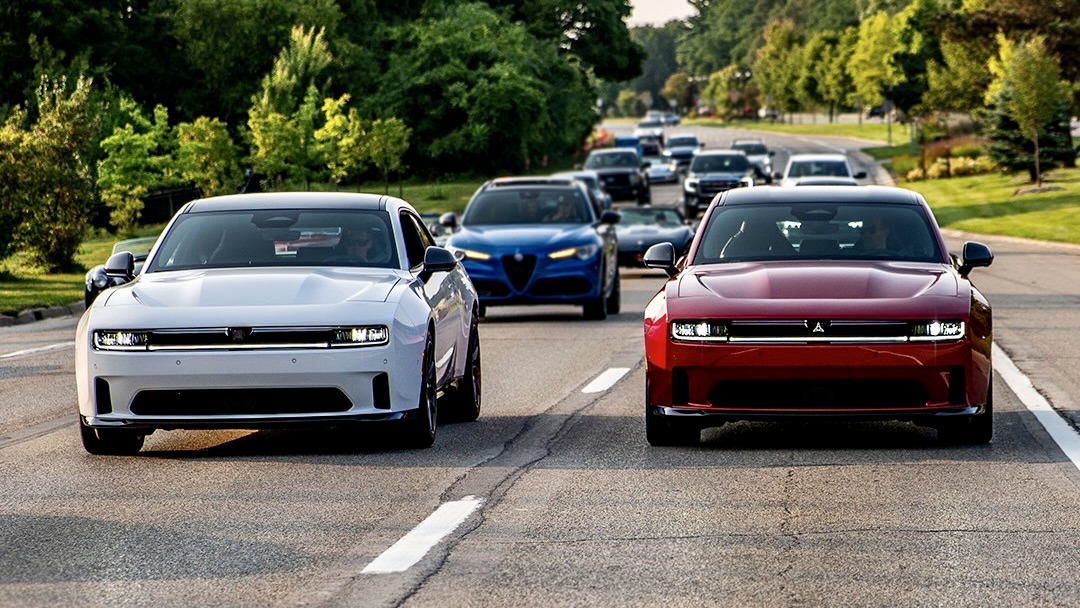
Polls suggest that Trump’s message is resonating. A recent Detroit News/WDIV-TV survey found that Michigan voters are sharply divided on EV policy, reflecting the political and economic stakes in a state home to Detroit’s Big-3 automakers: Ford, General Motors (GM), and Stellantis. National sentiment isn’t much different. According to a Gallup Poll, only 35% of Americans would consider buying an EV in the future, down from 43% in 2023, while those opposed have risen to 48%.
The battle over EV adoption comes as automakers are pouring billions into electrification. Stellantis, in particular, is preparing to launch several new EVs, including the highly anticipated Dodge Charger Daytona, Jeep® Wagoneer S, Ram 1500 REV, and Jeep Recon. These launches are buoyed by federal incentives aimed at reshaping America’s automotive landscape. Stellantis hopes these models will not only compete with established EV brands like Tesla but also pave the way for a more sustainable auto industry.
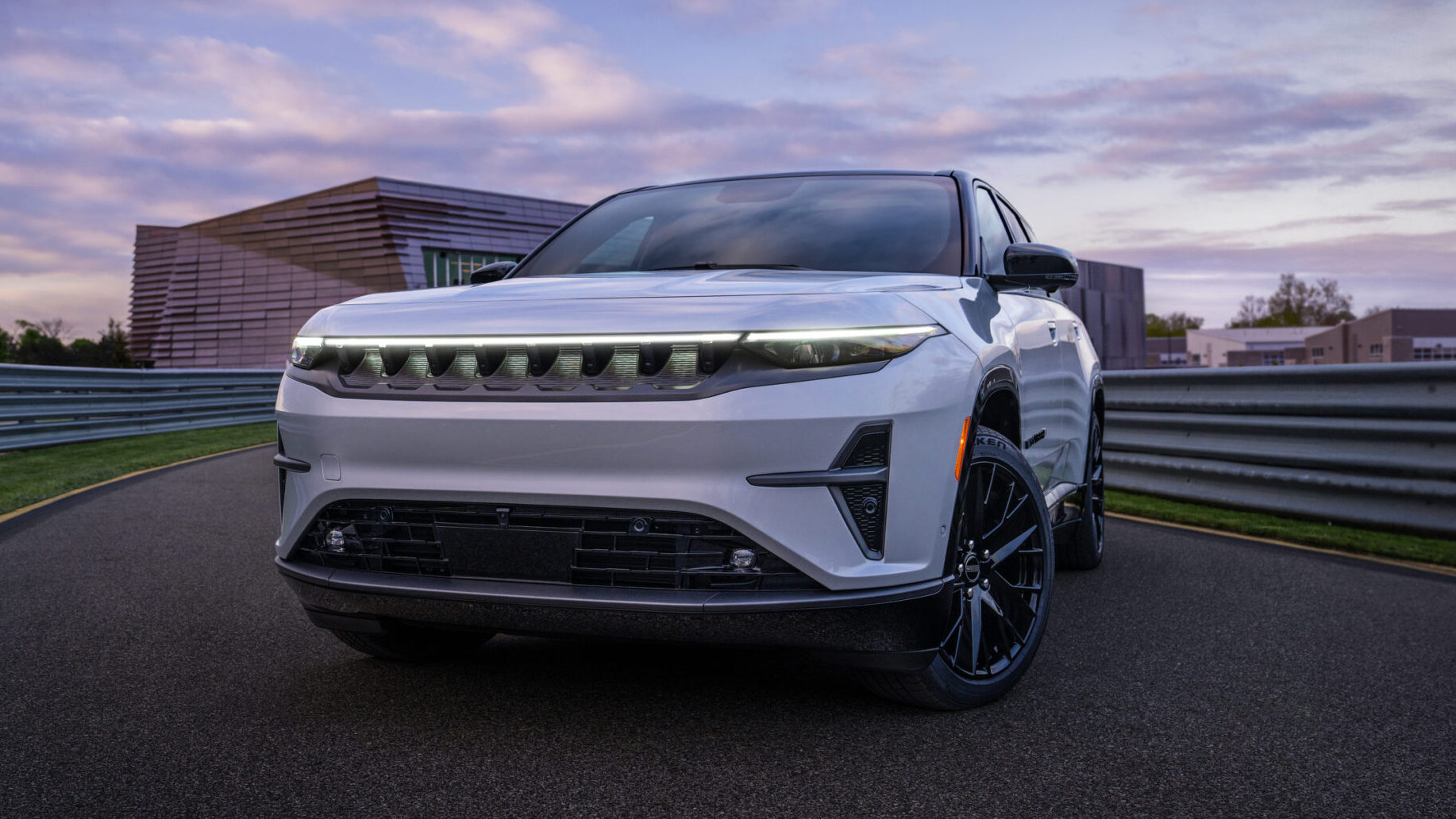
Despite the push for EVs, sales figures tell a different story. Only 7% of new vehicle sales in the U.S. are electric, and this growth has slowed in 2024, with some automakers scaling back EV plans due to lower-than-expected consumer interest. Many drivers still have reservations about the cost, reliability, and convenience of EVs, especially in regions with insufficient charging infrastructure or harsh weather that affects battery performance.
Manufacturers like Ford, GM, and Stellantis face the challenge of meeting government regulations while also appealing to a consumer base increasingly wary of electric cars. The stakes are high: Michigan alone still employs an estimated 66,000 United Auto Workers (UAW) members across the Big-3 automakers, and the future of these jobs is intrinsically linked to the industry’s ability to adapt.
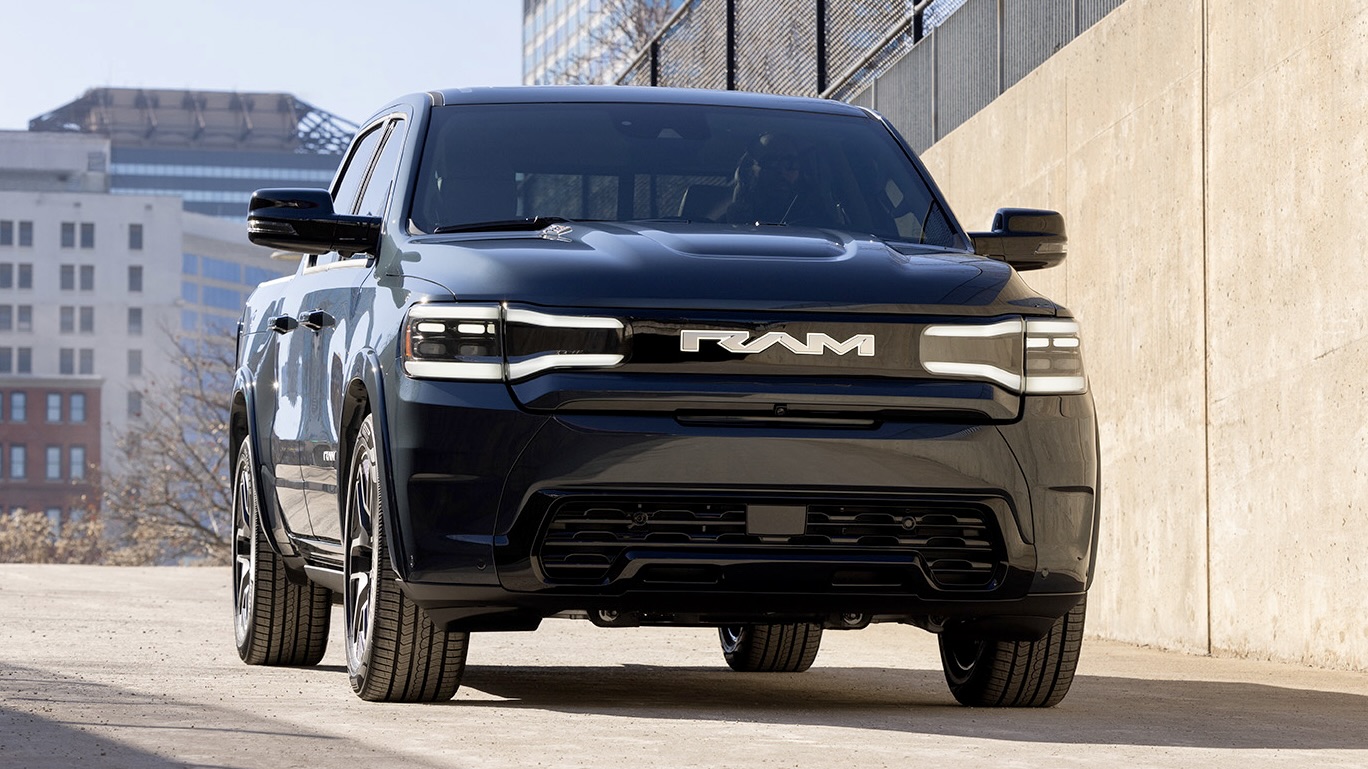
The contrasting visions of Harris and Trump encapsulate a broader national debate. Harris sees government involvement as essential to drive innovation and combat climate change, while Trump champions consumer freedom and warns against overreach that could jeopardize economic stability.
As voters make their choice today, the outcome will set the course for America’s automotive future. Will the nation double down on electrification with government support, or will a more balanced approach between EVs and internal combustion engines prevail? The answer could shape not only the next four years but the fate of an industry that has been the backbone of American innovation for over a century.

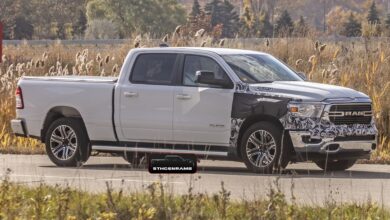

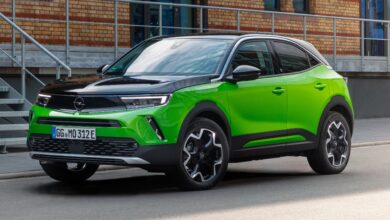
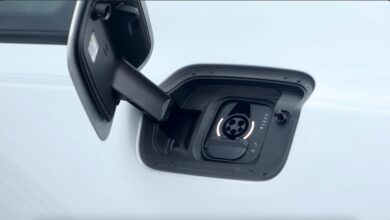

12 replies
Loading new replies...
Join the full discussion at the Mopar Insiders Forum →